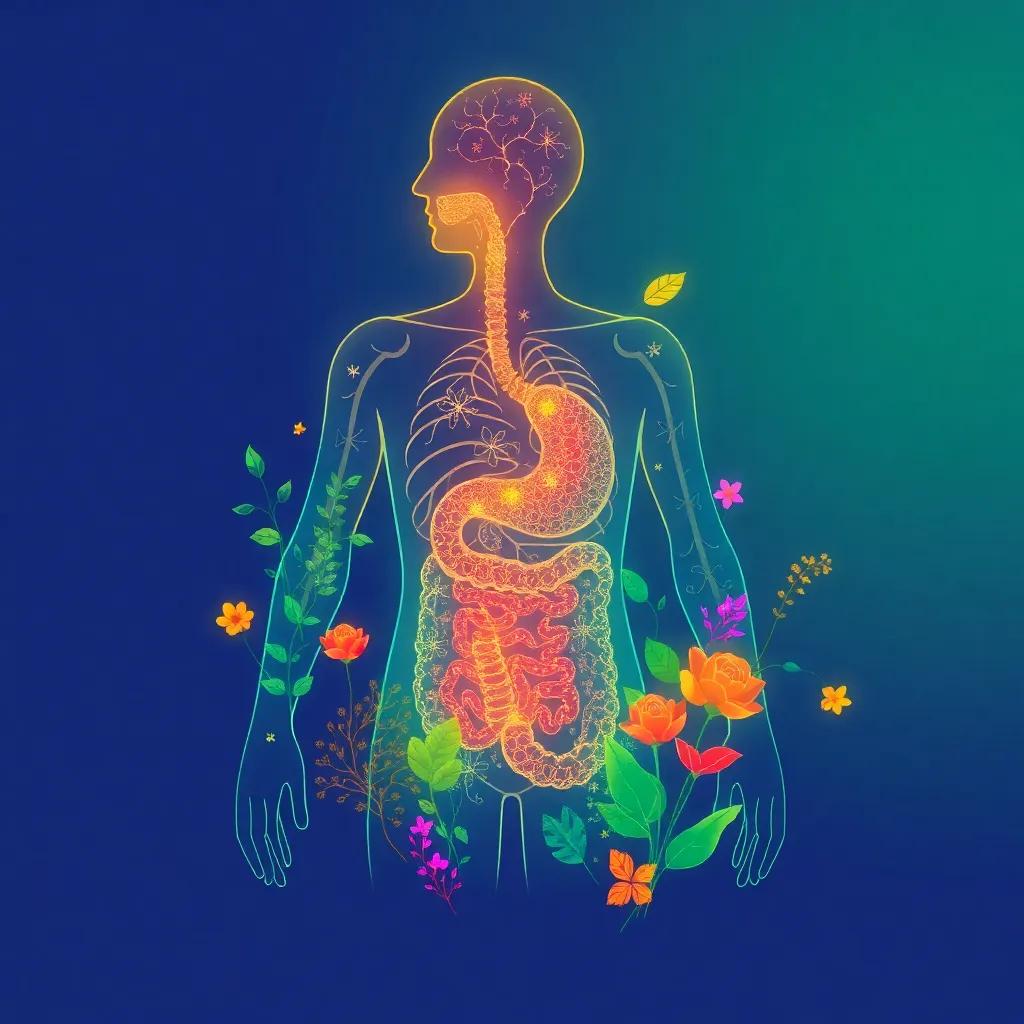Exploring the vital connection between gut health and overall well-being, including the benefits of probiotics and prebiotics, with practical tips for maintaining a healthy gut.
Gut health is crucial for overall well-being, influencing digestion, immunity, and even mental health. Learn how probiotics and prebiotics can help maintain a healthy gut.
The Gut-Body Connection
Gut health is more than just about digestion; it plays a pivotal role in overall well-being. According to Dr. Emeran Mayer, a gastroenterologist and author of ‘The Mind-Gut Connection,’ ‘The gut is often referred to as the second brain because of its extensive network of neurons and its ability to influence mood, immunity, and even cognitive function.’
Research published in the journal Nature highlights that a balanced gut microbiome can reduce inflammation, improve immune response, and even impact mental health. The gut-brain axis, a bidirectional communication system between the gut and the brain, underscores this connection.
Probiotics and Prebiotics: The Dynamic Duo
Probiotics are live bacteria that provide health benefits when consumed in adequate amounts. Foods like yogurt, kefir, and fermented vegetables are rich sources. Prebiotics, on the other hand, are non-digestible fibers that feed the beneficial bacteria in the gut. Foods like garlic, onions, and bananas are excellent prebiotic sources.
Dr. Robynne Chutkan, a gastroenterologist and author of ‘The Microbiome Solution,’ emphasizes, ‘A diet rich in probiotics and prebiotics is essential for maintaining a diverse and resilient gut microbiome.’
Practical Tips for a Healthy Gut
1. Eat a Diverse Diet: Incorporate a variety of fruits, vegetables, whole grains, and fermented foods to promote microbial diversity.
2. Limit Processed Foods: Highly processed foods can disrupt the gut microbiome. Opt for whole, unprocessed foods whenever possible.
3. Stay Hydrated: Water is essential for digestion and maintaining the mucosal lining of the intestines.
4. Manage Stress: Chronic stress can negatively impact gut health. Practices like meditation, yoga, and deep breathing can help.
5. Consider Supplements: If dietary sources are insufficient, probiotic and prebiotic supplements can be beneficial. Consult a healthcare provider for personalized advice.
Conclusion
Maintaining a healthy gut is a cornerstone of overall well-being. By understanding the gut-body connection and incorporating probiotics and prebiotics into your diet, you can support your digestive health, boost your immunity, and enhance your mental well-being. As Dr. Mayer aptly puts it, ‘A healthy gut is the foundation of a healthy life.’




